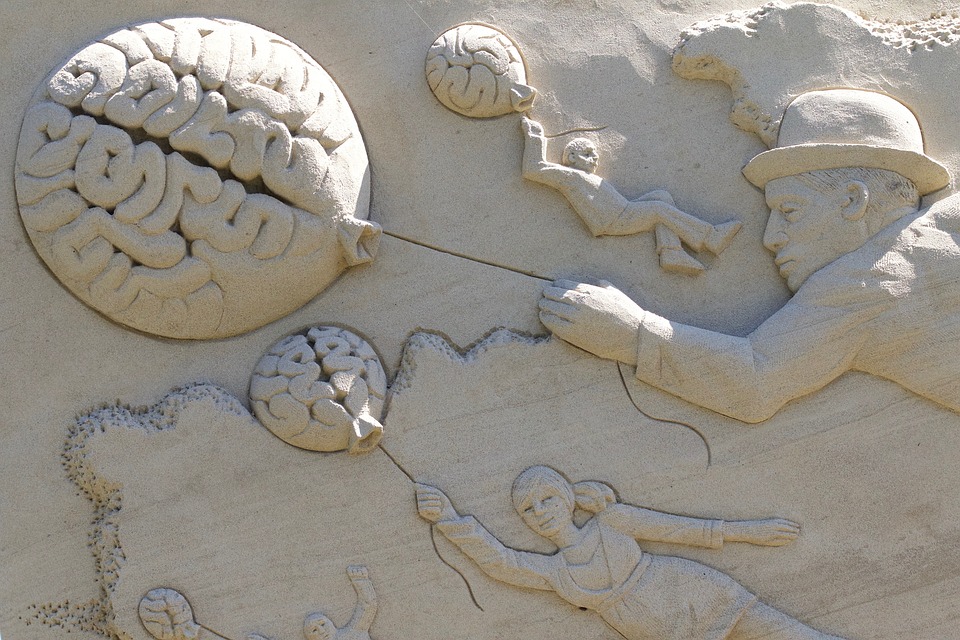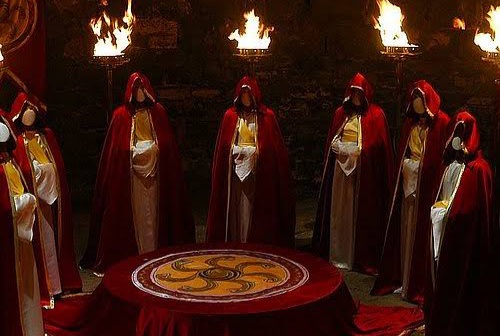
Hans Christian Andersen is one of Denmark’s most prominent literary figures and his contributions to Danish culture are immense. Born in 1805 in Odense, Denmark, Andersen wrote over 150 fairy tales and other stories during his lifetime. His works have been translated into more than 125 languages, making him one of the most translated writers in history.
Andersen’s fairy tales are deeply ingrained in Danish culture and have become an integral part of the country’s cultural heritage. His stories, such as “The Little Mermaid,” “The Ugly Duckling,” and “The Emperor’s New Clothes,” have been adapted into numerous films, plays, and operas. The Little Mermaid statue in Copenhagen, which depicts the mermaid from Andersen’s story, is one of Denmark’s most iconic landmarks and a popular tourist attraction.
Andersen’s works also played an important role in shaping Danish literature. He introduced a new style of writing that emphasized simplicity, humor, and moral values. His tales often contained social commentary and critiques of societal norms, making them both entertaining and thought-provoking. Andersen’s influence on Danish literature can still be felt today, with many contemporary Danish writers citing him as an inspiration.
Moreover, Andersen’s stories have been adapted for children and adults alike, making them accessible to all. His works continue to be popular with readers of all ages, and his legacy has been celebrated through various exhibitions and events in Denmark.
In addition to his literary contributions, Andersen’s life story has also become an important part of Danish culture. He grew up in poverty and worked hard to achieve success as a writer. His perseverance and determination have become a symbol of the Danish spirit, and his legacy continues to inspire people around the world.
In conclusion, Hans Christian Andersen’s literary contributions have had a profound impact on Danish culture. His fairy tales have become an integral part of the country’s cultural heritage, shaping Danish literature and inspiring generations of writers and artists. Andersen’s influence can still be felt today, making him a beloved figure in Danish culture and a literary giant on the world stage.
İlgili
 Yaratıcılık Açısından Yapay Zeka, Makine Ögrenmesi ve Tekillik – Ali Aksoy
Yaratıcılık Açısından Yapay Zeka, Makine Ögrenmesi ve Tekillik – Ali Aksoy Antalya Isparta Karayolu Gölbaşı Restaurant Harika Manzara Doğal Güzellikler Karacaören Barajı
Antalya Isparta Karayolu Gölbaşı Restaurant Harika Manzara Doğal Güzellikler Karacaören Barajı Motive X Uzi – Şarkılar Sokaklara Ait Şarkı Sözleri
Motive X Uzi – Şarkılar Sokaklara Ait Şarkı Sözleri 10 most important features of the human brain
10 most important features of the human brain Şifa İstemem Balından Sözleri
Şifa İstemem Balından Sözleri Tapınak şövalyeleri hala var mı ? Tapınak şövalyeleri belgeseli
Tapınak şövalyeleri hala var mı ? Tapınak şövalyeleri belgeseli POLNALYUBVI Кометы текст песни
POLNALYUBVI Кометы текст песни Otel dediğin böyle olur – Sualtı Oteli (video)
Otel dediğin böyle olur – Sualtı Oteli (video) Dilek Ergin – Muamma Şarkı Sözleri
Dilek Ergin – Muamma Şarkı Sözleri Kibar Feyzo Filmini Tek Parça Full İzle
Kibar Feyzo Filmini Tek Parça Full İzle

What is the importance of Hans Christian Andersen’s literary contributions to Danish culture?
Hans Christian Andersen is one of Denmark’s most prominent literary figures and his contributions to Danish culture are immense. Born in 1805 in Odense, Denmark, Andersen wrote over 150 fairy tales and other stories during his lifetime. His works have been translated into more than 125 languages, making him one of the most translated writers in history.
Andersen’s fairy tales are deeply ingrained in Danish culture and have become an integral part of the country’s cultural heritage. His stories, such as “The Little Mermaid,” “The Ugly Duckling,” and “The Emperor’s New Clothes,” have been adapted into numerous films, plays, and operas. The Little Mermaid statue in Copenhagen, which depicts the mermaid from Andersen’s story, is one of Denmark’s most iconic landmarks and a popular tourist attraction.
Andersen’s works also played an important role in shaping Danish literature. He introduced a new style of writing that emphasized simplicity, humor, and moral values. His tales often contained social commentary and critiques of societal norms, making them both entertaining and thought-provoking. Andersen’s influence on Danish literature can still be felt today, with many contemporary Danish writers citing him as an inspiration.
Moreover, Andersen’s stories have been adapted for children and adults alike, making them accessible to all. His works continue to be popular with readers of all ages, and his legacy has been celebrated through various exhibitions and events in Denmark.
In addition to his literary contributions, Andersen’s life story has also become an important part of Danish culture. He grew up in poverty and worked hard to achieve success as a writer. His perseverance and determination have become a symbol of the Danish spirit, and his legacy continues to inspire people around the world.
In conclusion, Hans Christian Andersen’s literary contributions have had a profound impact on Danish culture. His fairy tales have become an integral part of the country’s cultural heritage, shaping Danish literature and inspiring generations of writers and artists. Andersen’s influence can still be felt today, making him a beloved figure in Danish culture and a literary giant on the world stage.
Bunu paylaş:
İlgili